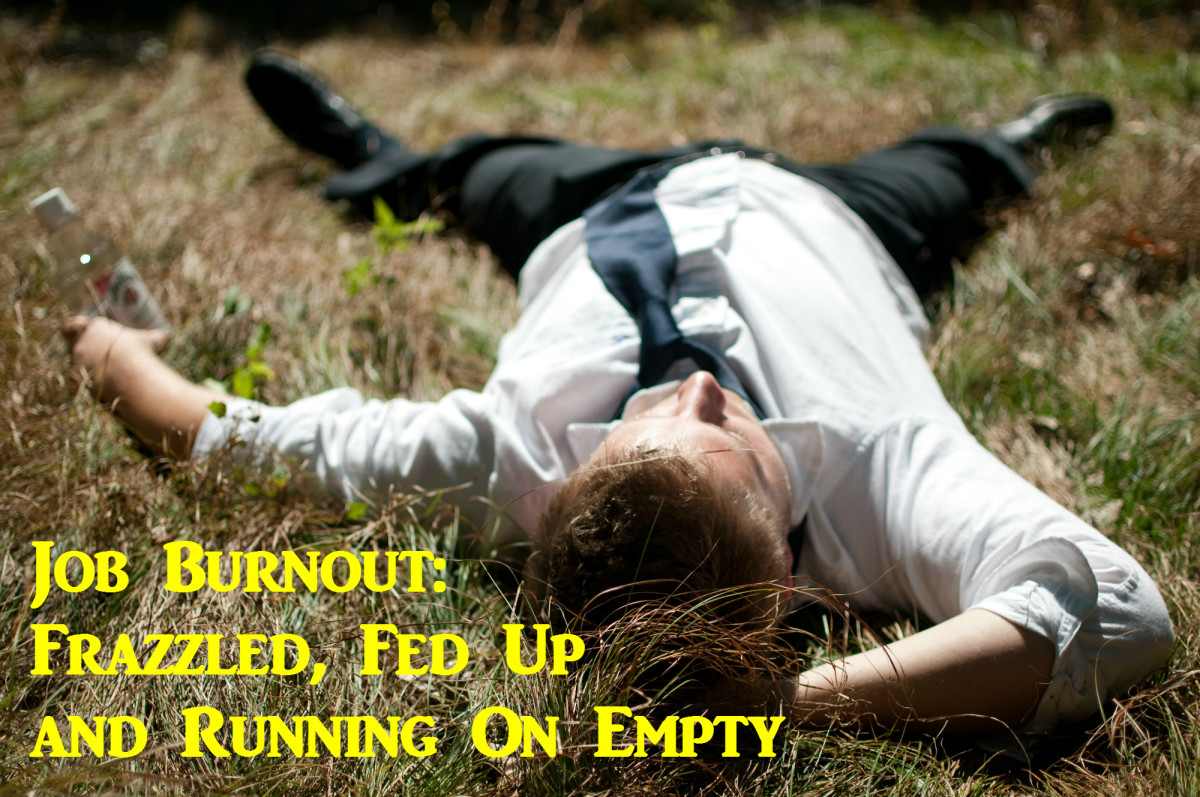How To Help Yourself During Work
Small Talk at Work Can Be a Good Thing
Small talk at work may be more important than people think, according to a study in the Academy of Management Journal.
Researchers asked 151 workers in 9-to-5 jobs about their feelings, how much work they got done and how engaged they were at work. The workers answered three surveys a day for 15 working days.
The results showed that small talk helped workers feel positive, made them feel more a part of their work, and helped improve their well-being at the end of the day.
Jessica R. Methot, one of the study authors, told Fast Company that "small talk" did not mean gossip, but talk about topics such as the weather or weekend plans. She said that the researchers decided to study small talk because its effects are often ignored, but she thinks it's important.
The study also found that workers were sometimes distracted by small talk, but Methot said the effects of small talk at work are mostly positive. She also said that managers should give workers time before meetings begin so they can make small talk and get relaxed.
Other studies have found similar results. Research by Victoria University of Wellington in New Zealand found that small talk can help managers when they tell staff what to do. The research also found that small talk can help build relationships, and is important the first time people meet at work each day.
Work Meetings Can Be a Type of Therapy
Many people get frustrated sitting in long work meetings where few decisions get made. But a professor at the University of Malmö in Sweden says these meetings might have a purpose: they can be a type of therapy.
Professor Patrik Hall told the BBC that the number of work meetings is increasing as modern jobs focus less on making things and more on organizing people and spreading ideas.
Office hierarchies are also becoming less clear, and "many managers don't know what to do," Hall said. When they aren't sure of their role, they make more meetings: "People like to talk and it helps them find a role," he said.
These discussions may even continue after the main meeting ends, or begin in a pre-meeting. Many people can spend half their day in meetings, Hall said.
But Hall also said that people who are frustrated by meetings may not understand what they are for.
In a large organization, Hall said that meetings can be important for helping employees get familiar with the organization and understand who does what. The goal of a meeting can be to connect with people and create a sense of identity, not to make decisions.
Hall said meetings can also give employees a chance to complain and be acknowledged by colleagues, which is a type of therapy. He has also found that being invited to meetings makes people feel important, and if they're not invited they can start to have negative feelings.
But he suggested that meetings with people at higher levels in an organization tend to feel more meaningless, and it's important to have meetings with colleagues at the same level, where people can discuss issues that interest them all.
He also said that meetings could be improved by booking rooms for less time, since meetings tend to go as long as the room is booked.

Yoga May Help Treat Depression
New research suggests that yoga may help treat depression among people with serious mental health problems.
Researchers looked at the results of 19 studies in six different countries: Japan, the US, China, India, Germany and Sweden. All 1,080 people who took part had a mental health problem that they had seen a doctor about.
The people in the studies did an average of one to two yoga sessions every week over an average of 2.5 months. Each session was between 20 and 90 minutes long, and the people had to be moving at least 50% of the time.
The researchers found that many people who did yoga had a moderate decrease in symptoms of depression. The study also found that the more yoga people did, the better they felt. However, there was only a small effect on depression among people with alcohol problems, and no effect among those with PTSD.
The results were published in the British Journal of Sports Medicine.
Lead researcher Jacinta Brinsley, from the University of South Australia, said that these results might be helpful during the coronavirus pandemic, since people have fewer exercise choices. Now that gyms and exercise classes are closed in many countries, people are looking for other ways to exercise, and she said that yoga can help.
Brinsley also said that social distancing rules are likely to make people feel lonely, and that exercise has always been a good way of helping people deal with those feelings.







